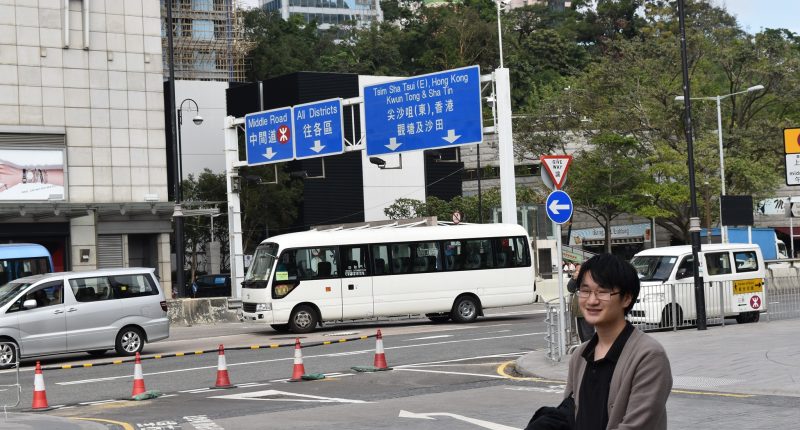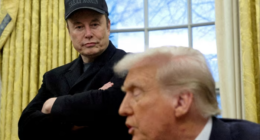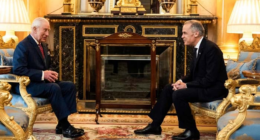As a nation, Taiwan is represented around the world by its diaspora.
Prior to the existence of social media, many of those claiming links to the country had to go out of their way to maintain those links by way of annual visits, learning the language – in both spoken and written form – or for extended periods returning to live with family still resident in the islands. Young men were conscripted into the Taiwanese military.
However, in the world of 2020, with the Internet capable of transporting those far from the ‘ancestral’ home back to their ‘roots’ and enabling interaction with those from afar now calling Taiwan home, the concept of what it means to be ‘Taiwanese’ is forever being rewritten.
Do blood ties trump all others?
Is residency an issue that should be afforded more credibility?
For men, what role does time spent serving as a conscript in the Taiwanese military play in being Taiwanese?
And are those who opt to avoid such service unworthy of being considered full-on card carrying ‘Taiwanese’?
Should language proficiency in written and spoken form be a prerequisite?
This is part one in a long long long chat with one Australian member of Taiwan’s diaspora, Ronan Gao, and what he thinks about his own recently discovered links to Taiwan. (Pt. II will be released on September 23rd)
What is your connection to Taiwan?
I’m 19 years old, and was born and raised in Australia. My father is native to China and he migrated to Australia in 1990, which is straightforward enough.
On the other hand, my mother’s ancestry is more complex. My mother’s family migrated to Australia in 1978 from Hong Kong. However, they were foreigners in Hong Kong; my mother’s father is a Burmese-born Chinese, whereas my mother’s mother is an Australian-born Taiwanese, with significant familial links to Indonesia as well.
Overall, that makes me ethnically three-quarters Chinese and one-quarter Taiwanese.
My direct ancestors last lived in Taiwan in 1952, which was 68 years ago.
Prior to 2017, I did not know that I had Taiwanese ancestry.
This is likely because my connection to Taiwan is rather distant. Instead, I mistakenly believed that my grandmother originated from China.
Considering that the other three quarters of my ancestry is Chinese, there was nothing suggesting that my grandmother wasn’t also Chinese.
However, in 2017, a chance event occurred that allowed me to uncover my Taiwanese ancestry.
In short, a random guy from my high school told me “your name sounds Taiwanese” (the guy himself was ethnic-Indian).
At first, I was confused by this assertation, since I had no known links to Taiwan.
However, I decided to consult Wikipedia to learn more about Taiwan, and after reading the article (especially the history section), I came to the shocking realisation that I probably did have Taiwanese ancestry.
The reason I thought I was Taiwanese was that the Wikipedia article stated that Taiwan had been a colony of Japan for fifty years, from 1895 until 1945.
As you can see in the first paragraph, I’m not Japanese.
However, ever since I was a young child, I’ve always known that my grandmother’s family was sent to an internment camp in Australia during World War II, having been “mistaken” for Japanese, who were the enemy at the time.
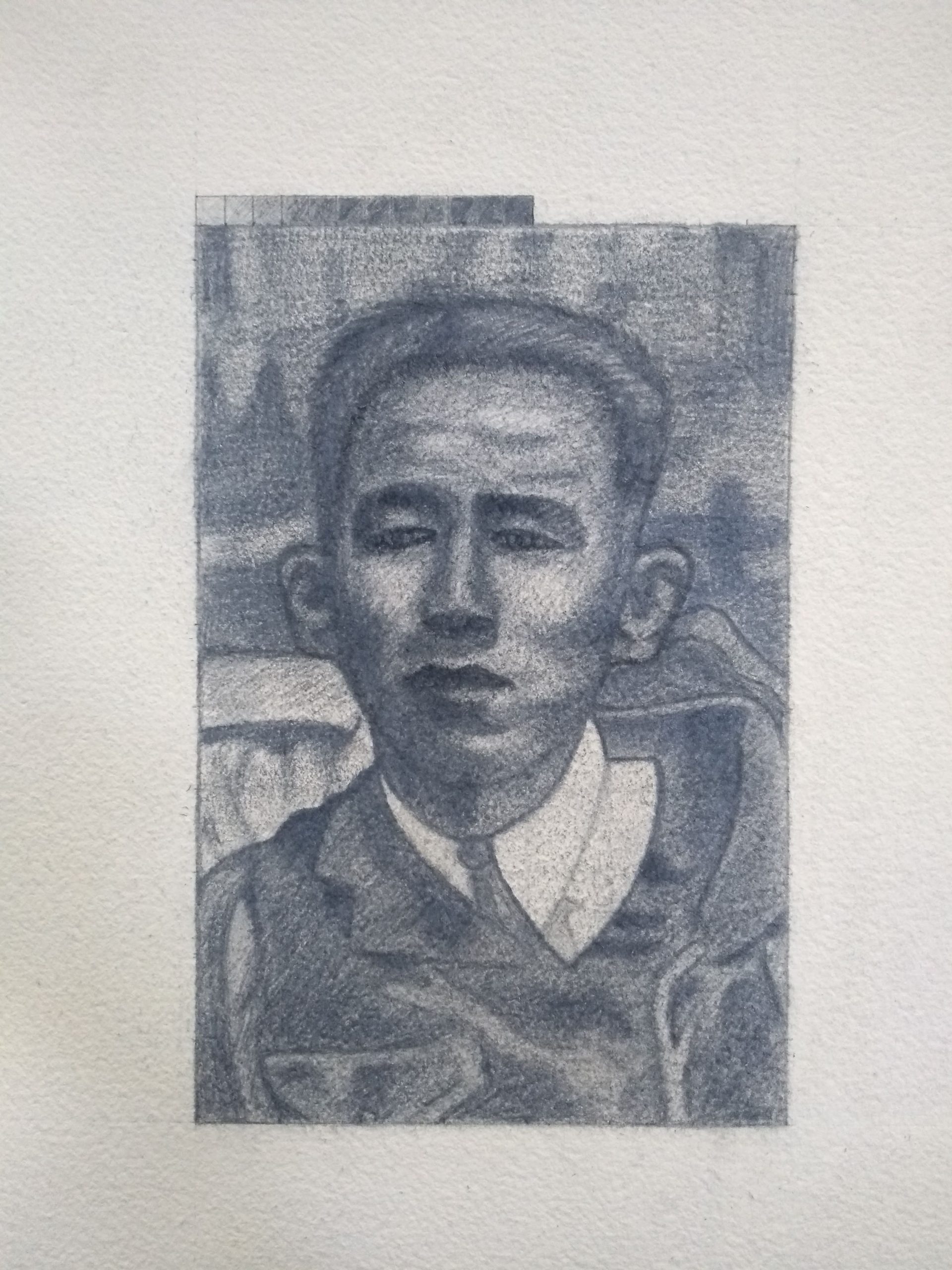
My grandmother was born in this internment camp, and acquired Australian citizenship as a result, which is why our family now lives in Australia.
In fact, my grandmother’s family had originally been living in Indonesia before they were arrested by the Dutch colonial government and sent to Australia.
I put two and two together and figured out that, rather than being Chinese mistaken for Japanese (my mother had previously explained to me that the Australians/Dutch weren’t able to tell the difference between Chinese and Japanese because we all look the same), my grandmother’s family actually *was* Japanese, in the sense that they were ethnic-Chinese from Taiwan, which was a colony of Japan at the time (they were “subjects of the emperor”, as some people might say).
Essentially, the Dutch had a good reason to arrest my grandmother’s family, and they weren’t just racists.
It took me around six months to confirm that my grandmother’s family was Taiwanese.
Ever since this point, I’ve been very interested in my Taiwanese ancestry, and I read a lot about Taiwan online.
How did it feel to learn of your Taiwanese links?
As I’ve stated previously, it was quite shocking to discover my Taiwanese ancestry.
At the time that I made this discovery, I was experiencing multiple crises in my life, relating both to school and home.
When I discovered that a significant piece of my national identity (and hence, sense of self-identity) had been missing for most of my childhood, the main feelings I felt were anger and regret.
I concluded that many of the problems I had been facing in my life would not have been so severe if I had known about my Taiwanese ancestry.
For context, I went to a selective high school where around 90% of the population was ethnic-Asian, and around 60% of them were ethnic-Chinese. I had met one single Taiwanese person at my high school prior to discovering my own Taiwanese ancestry; we had initially been friends, but we had a falling out.
Being mostly Chinese, I had always identified quite strongly as Chinese up until that point (2017).
Though, I originally knew relatively little about China, when I learnt about the tensions between China and Taiwan, this caused tensions within my own sense of identity.
I remember one time that I told my father that “I am Taiwanese”, and my father said, “You can’t say that, Taiwanese people are not Chinese.”
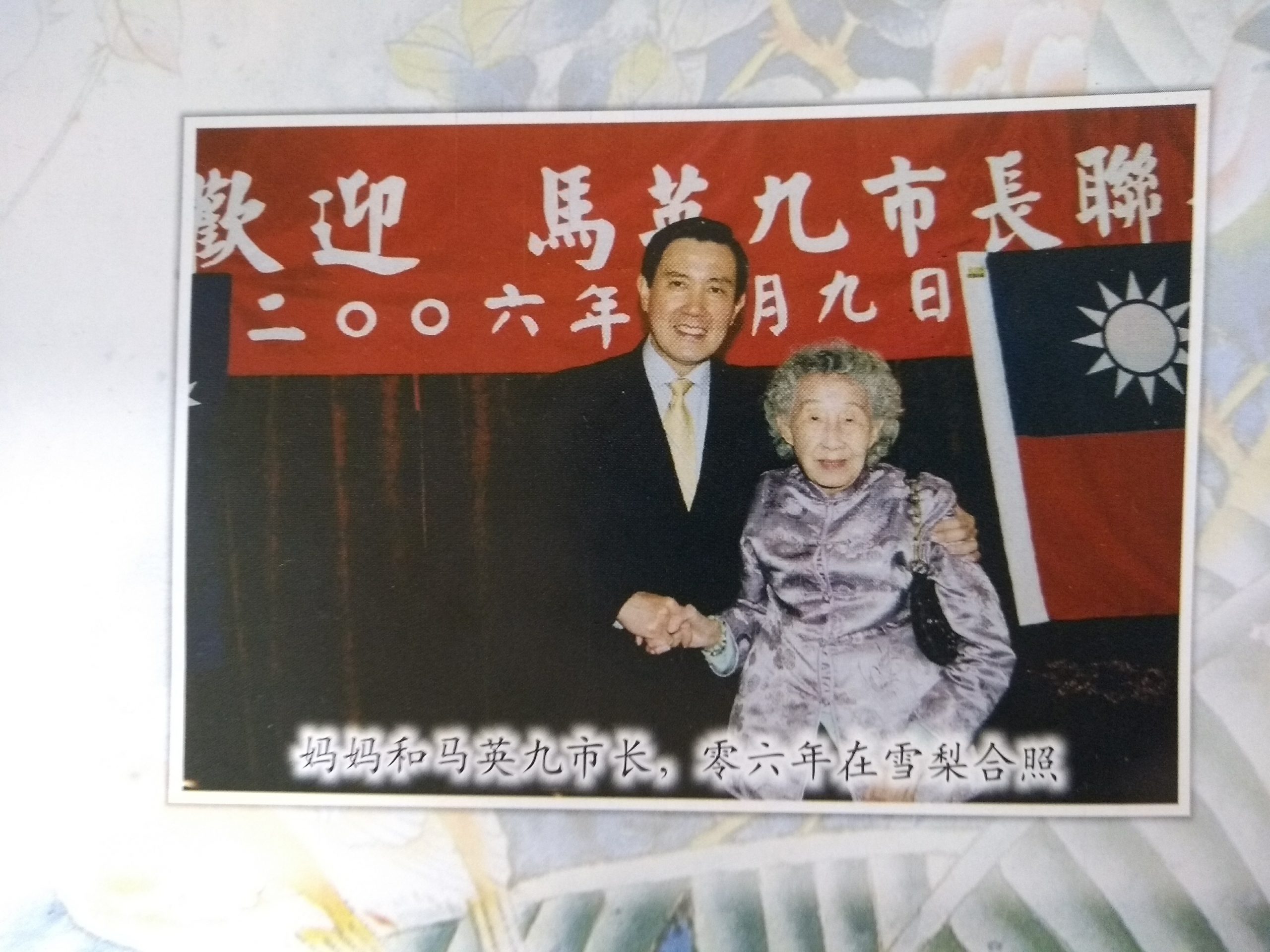
I also once made a post about Taiwan on Facebook, and several of my family members (including my grandmother, who is Taiwanese) told me to take it down because it was “biased” and because they didn’t want to be blacklisted from traveling to China.
In the present day, I am still torn between whether to consider my Taiwanese ancestry as a separate nationality or as merely a subgroup of my dominant Chinese ancestry.
Is it a part of your ancestry you want to explore further?
Originally, I did not intend to get too involved with my Taiwanese ancestry. After all, I’m only one-quarter Taiwanese, and my ancestors haven’t lived in Taiwan for a very long time.
However, whilst conducting my research on Taiwan, I inevitably discovered the difficulties of Taiwan’s political situation.
Around one and a half years after I discovered my Taiwanese ancestry I became staunchly pro-Taiwan independence.
I concluded that, although I originated from both Taiwan and China, I wasn’t going to allow one of my ancestral countries to dominate the other.
I decided that the optimal situation would be to be able to one day see Taiwan and China on equal terms with one another.
Being three-quarters Chinese, spurning my Chinese ancestry was not exactly an option.
I also had several Chinese friends and zero Taiwanese friends.
Still, I was concerned that, being a Taiwanese, and being surrounded by Chinese, I wasn’t safe to advocate my identity publicly, and this was something that I wanted to change.
It also goes without saying that I do not agree with the view that Taiwan is the “enemy”, as many Chinese see the situation, and I don’t support a violent Chinese annexation of Taiwan.
Though, peaceful union under a democratic future regime of China could be an option, if the Taiwanese choose to follow this path.
You have started to participate in the English language side of Taiwan related discussions online. What is your take on how Taiwan is portrayed in these circles?
It might seem surprising how, being predominantly Chinese and being surrounded by Chinese people, I’ve come to hold very pro-Taiwan views.
Furthermore, I am not friends with any Taiwanese people in real life, and my own Taiwanese family members identify as Chinese and seemingly support Chinese unification.
In fact, most of this information indicates that I should be anti-Taiwan.
In short, I can explain the reason why I’m not, and that’s because I grew up in Australia.
My relationship with my Australian identity has always been quite convoluted as well, since I’ve always believed that my family was “brought to Australia against their own free will.”
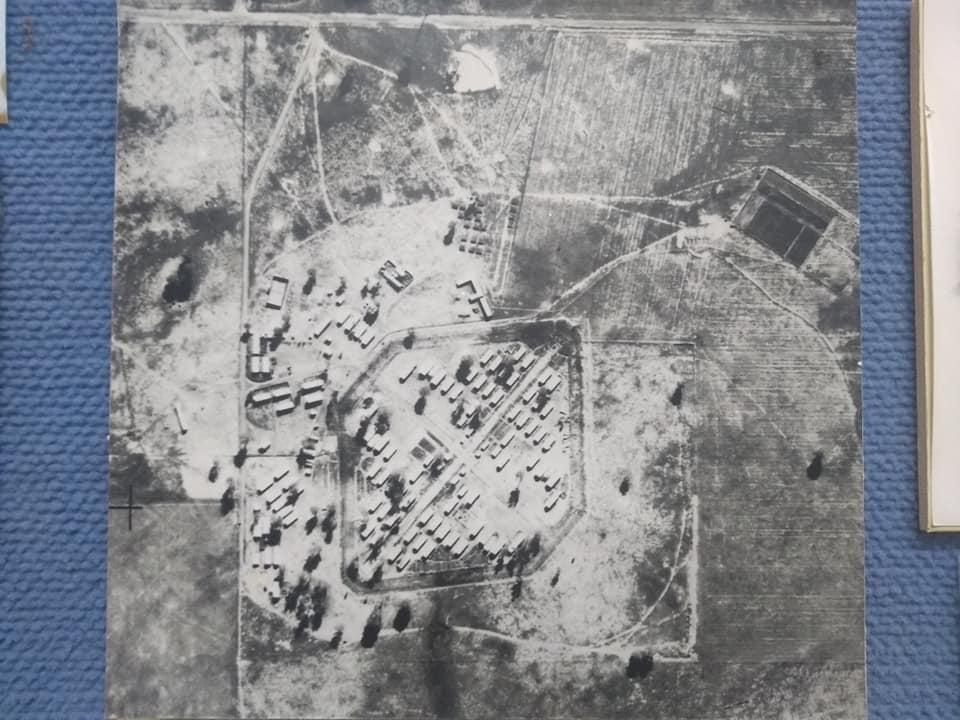
Regardless, having grown up in Australia, I grew up believing in democratic values and individual freedoms.
Ever since I was young, I’ve always been liberal, politically speaking.
Around the time that I started attending high school, I gradually became more and more left wing, to the point of basically being an anarchist (though, thankfully, not a socialist).
However, that phase ended around the time that I discovered my Taiwanese ancestry in 2017.
I initially had favourable views towards the Taiwanese government due to the government-at-the-time’s stance on same-sex marriage. Here in Australia, same-sex marriage was legalised in 2017.
In Taiwan, it was legalised in 2019, though the government began the process of legalising it in 2017.
Also, the fact that the ruling party was called the “Democratic Progressive Party” (myself being both democratic and progressive) was an automatic tick in my book.
However, because China and Taiwan are enemies, it seems to be the case that right-leaning media outlets in the West seem to be more supportive of Taiwanese independence than left-leaning media (right-leaning media see Taiwan as a political tool that they can use against China, a common enemy).
As such, my views have gradually started shifting to the right, which is something I’m not completely comfortable with.
Still, the left-and-right political dichotomies of different countries are not perfectly comparable to one another, so I can still hold right-leaning views in the context of Taiwan but left-leaning views in the context of everything else.
That said, I’ve noticed that my views in terms of Australian society have been gradually shifting to the right too.
Most of the Taiwanese academics, writers and journalists that I follow on Twitter are left leaning.
The reason being, I was initially introduced to Taiwan Twitter by a Taiwanese American who supports Andrew Yang, a former candidate for the 2020 United States presidential election, via Reddit.
But, since most of these people happen to be overseas Taiwanese, usually born and raised in the United States, they also commonly blend in aspects of American leftism with their broader political views.
I’ve noticed that these people tend to be very anti-Trump, and pro-Black Lives Matter. I don’t think I’m able to share my views on either topic, though I will say that I’m quite sceptical of how far these two topics seem to be integrated into Taiwanese affairs by these people.
Do you feel torn at all between your different ancestries?
In terms of my ancestries, I consider them to be listed in order of significance as Australian, Chinese, Taiwanese, Indonesian and Burmese, plus a little bit of Hong Kongese.
I’ve also got extended family from a variety of other countries, including France, Cambodia, the Philippines, (North) Macedonia and the United States.
So, overall, I’m connected by familial ties to quite a few countries (the majority through my mother’s side of the family).
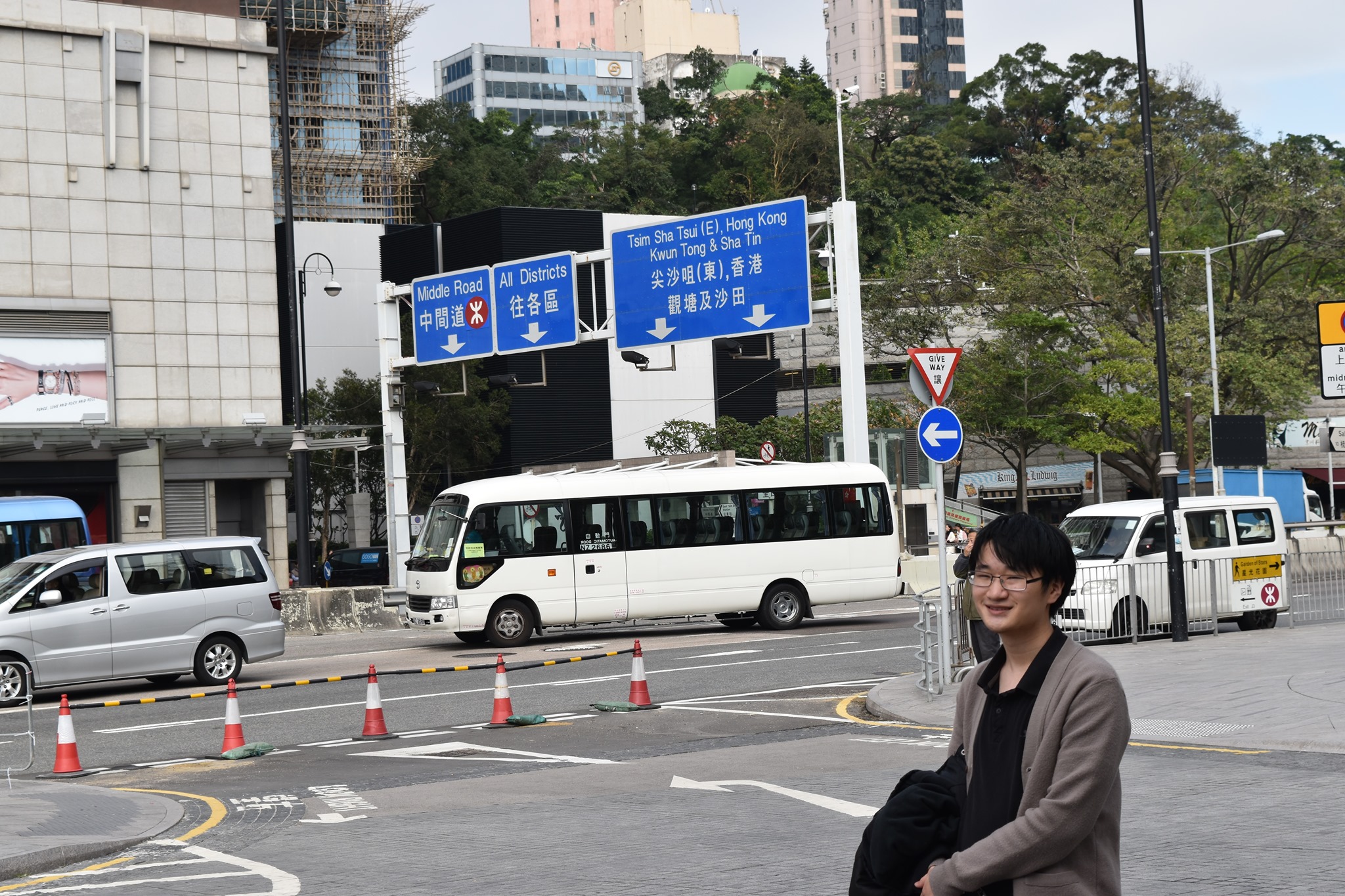
Of these countries, I’ve visited China many times, mainly since my father’s side of the family is primarily based in China.
I’ve also visited Hong Kong twice and Cambodia once.
I’ve never been to Taiwan, Burma, Indonesia or any of the other countries listed.
Being generally liberal, I’m quite supportive of diversity and multiculturalism.
In fact, out of all my ancestries, the biggest divide would probably be between being Australian and everything else.
Throughout my life, I’ve most certainly been torn between my Australian and foreign identities, mainly Chinese.
However, ever since I’ve discovered my Taiwanese ancestry, I’ve been torn between my Taiwanese and Chinese ancestries.
My Taiwanese ancestry seems to be more compatible with my Australian ancestry, due to the shared democratic values between the two countries.
On the other hand, it has always been quite problematic to me that China is such an authoritarian country.
I suspect that many Australians have rather negative views towards China.
Prior to learning more about China (a result of learning more about Taiwan), I initially believed that anti-Chinese views in Australia mainly boiled down to racism.
However, nowadays, I think it’s probably a combination of racism, geopolitical tensions and opposing political values.
Hopefully, less racism, though I think racism is still inevitable.
